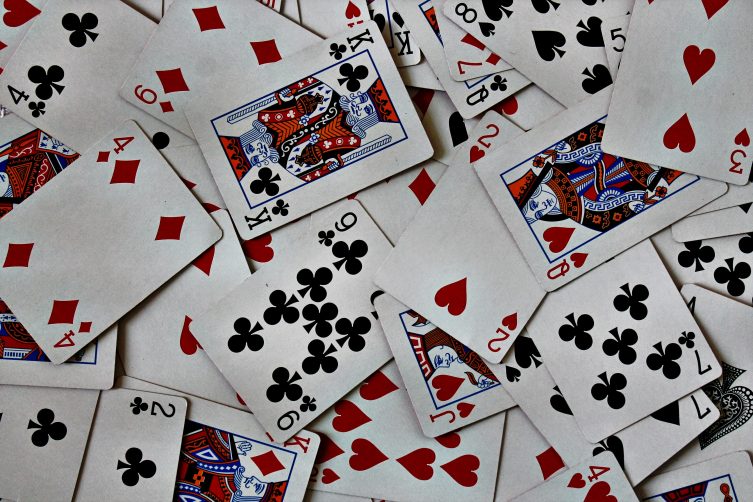Compulsive Eating may be termed as an “addiction” to food. The individual uses food and indulges in abnormal eating patterns to manage or attempt to control emotions triggered by everyday stressors.
It is characterised by episodes of consuming vast amounts of food while being unable to stop. Many compulsive overeaters will continue eating even when they are full, not realising what they are eating.
Research has indicated that certain foods, particularly those containing sugar, cause changes in the brain chemistry that are like those seen in drug addicts when they use substances.
What are the Signs of Compulsive Eating?
- Binge eating when not feeling hungry and continuing eating until uncomfortably full
- Eating in isolation due to feelings of shame and guilt associated with their behaviour
- A history of weight fluctuations caused by cycles of radical dieting
- Preoccupation with their weight trends
- Clinging to the belief that life will improve if they could only lose weight
- Repeatedly sharing self-defeating statements about eating or about their weight












